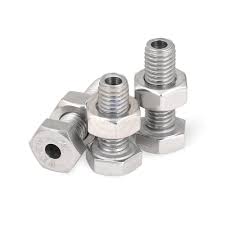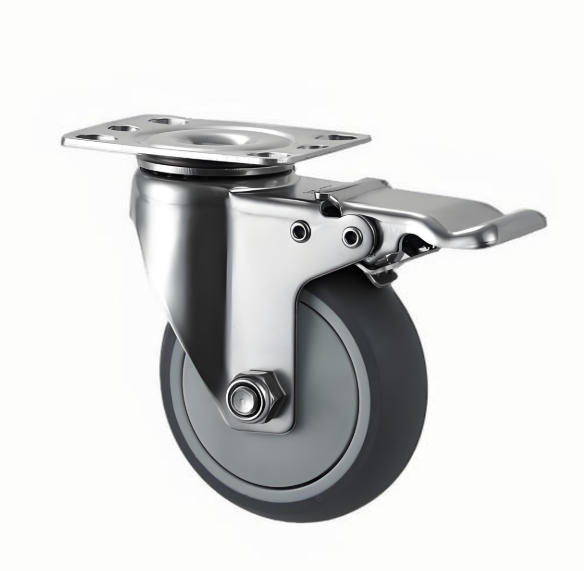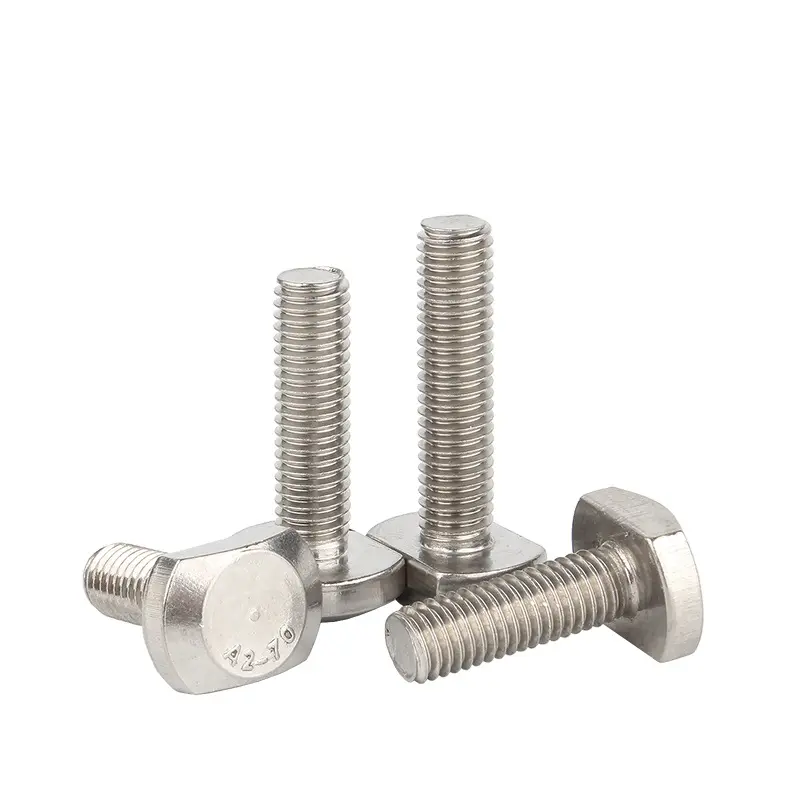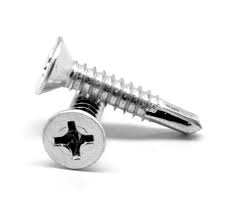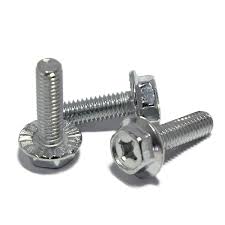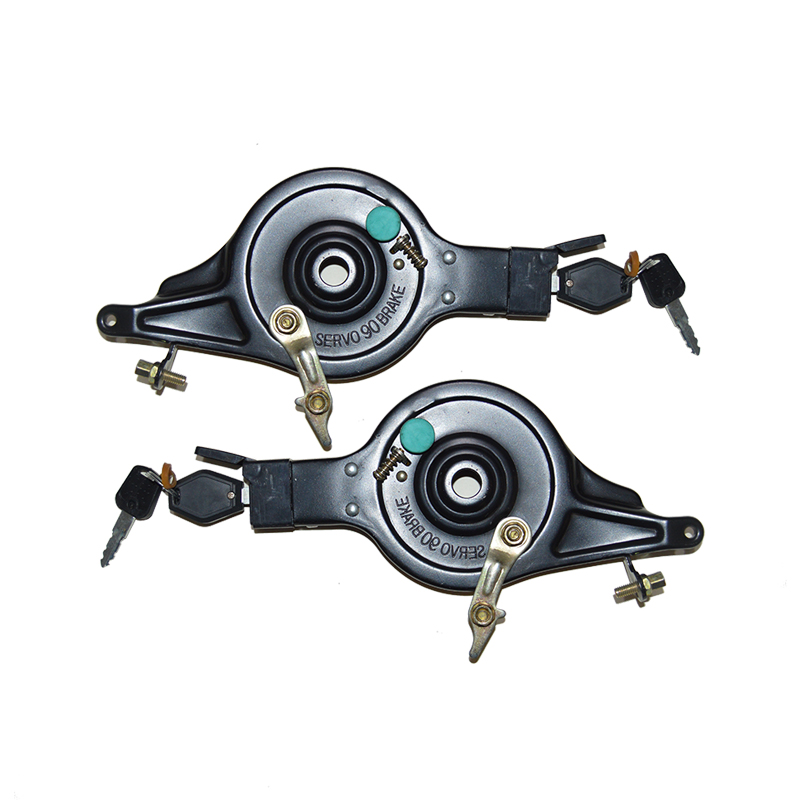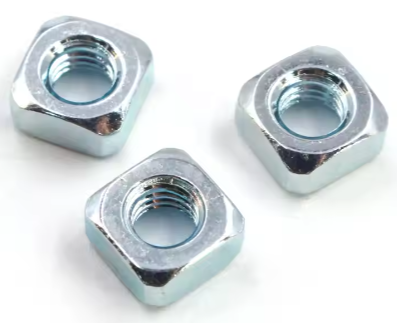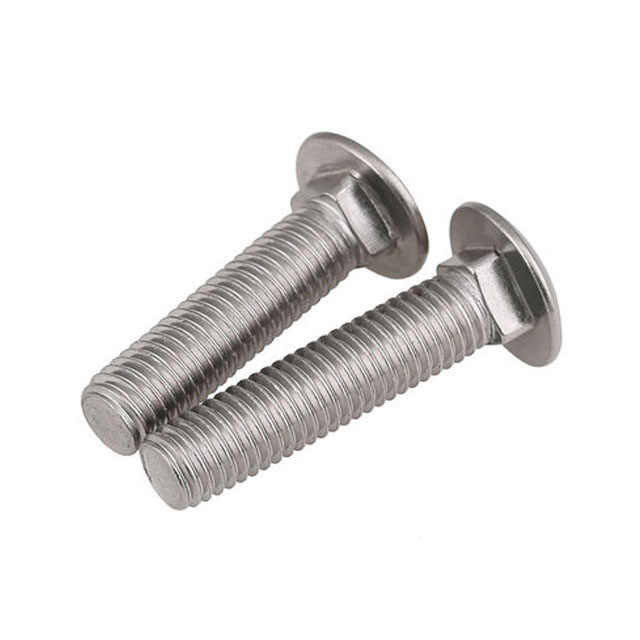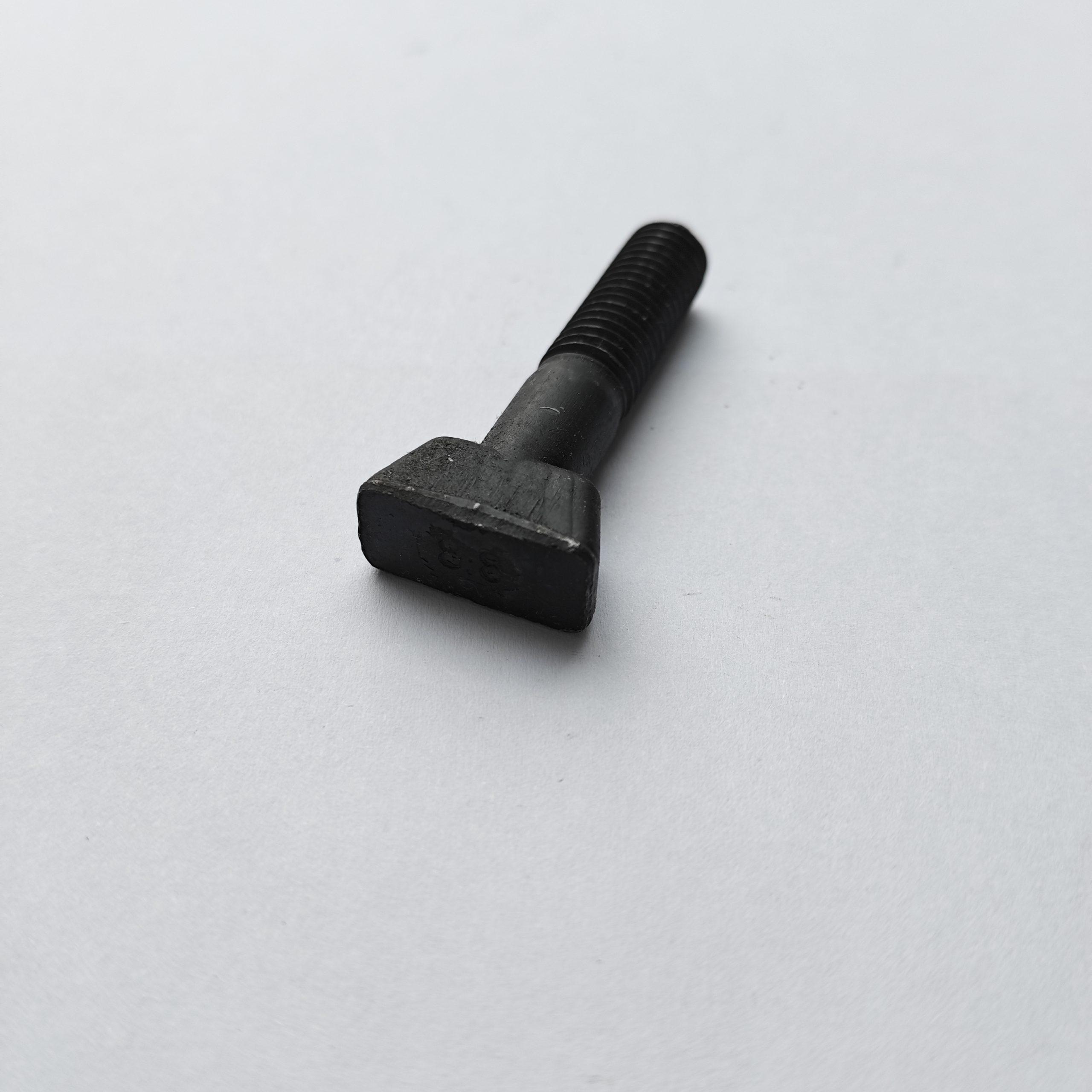Find the Best Nut Lock Manufacturers: A Comprehensive GuideThis guide explores the crucial factors to consider when selecting a nut lock manufacturer, offering insights into different types of nut locks, material selection, and industry best practices. We'll delve into quality control, certifications, and the importance of choosing a reliable supplier to ensure the longevity and safety of your projects. Learn how to identify a top-tier nut lock manufacturer to meet your specific needs.
Understanding Nut Lock Types and Applications
Types of Nut Locks
Choosing the right
nut lock is paramount for securing your projects. Several types exist, each with its own strengths and weaknesses. These include: All-Metal Locknuts: These are robust and reliable, often preferred in high-vibration or high-stress environments. They offer excellent resistance to loosening and are frequently used in automotive, aerospace, and industrial applications. Nylon Insert Locknuts: These utilize a nylon insert to create friction, preventing loosening. They are commonly used where vibration is a concern but require less clamping force than all-metal options. Prevailing Torque Locknuts: Designed with a feature that increases the clamping force required to loosen the nut. Examples include deformed threads or elastic washers. Other types: Other specialized
nut locks exist, including weld nuts, which are permanently attached.
Material Selection
The choice of material significantly impacts a
nut lock's performance. Common materials include: Steel: A versatile and strong option, often chosen for its durability and cost-effectiveness. Different grades of steel offer varying strength and corrosion resistance. Stainless Steel: Provides excellent corrosion resistance, making it suitable for outdoor or marine applications. Aluminum: A lightweight alternative, often preferred when weight reduction is critical. Brass: Offers good corrosion resistance and is frequently used in applications requiring good electrical conductivity.
| Nut Lock Type | Material Options | Typical Applications |
| All-Metal | Steel, Stainless Steel | Automotive, Aerospace |
| Nylon Insert | Steel, Brass | General Engineering |
| Prevailing Torque | Steel, Stainless Steel | Vibration-Prone Environments |
Choosing the Right Nut Lock Manufacturer
Selecting a reliable
nut lock manufacturer is critical. Consider these factors:
Quality Control and Certifications
Look for manufacturers with robust quality control processes and relevant certifications, such as ISO 9001. This indicates a commitment to consistent quality and adherence to international standards. Verification of these certifications is crucial before engaging with any supplier.
Experience and Reputation
Research the manufacturer's track record. A long-standing company with a positive reputation is more likely to provide high-quality products and reliable service. Customer reviews and testimonials can be valuable sources of information. Consider looking at industry-specific directories for
nut lock manufacturers.
Capacity and Lead Times
Ensure the manufacturer has the capacity to meet your production needs and provides acceptable lead times. Discuss your project requirements upfront to avoid delays.
Pricing and Payment Terms
Compare pricing from multiple manufacturers, considering not only the cost per unit but also the overall value offered. Clarify payment terms and delivery options.
Conclusion
Finding the right
nut lock manufacturer requires careful consideration of various factors, from the type of
nut lock and material selection to quality control and certifications. By following this guide, you can make an informed decision and ensure the success of your project. Remember to always prioritize quality and reliability when choosing a supplier for your fastening needs. For high-quality
nut lock solutions, consider exploring the offerings of Hebei Dewell Metal Products Co., LTD (
https://www.deweLLfastener.com/). They offer a wide range of
nut lock options to meet diverse needs.



